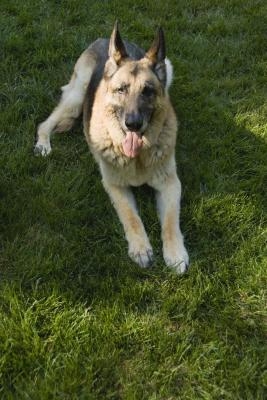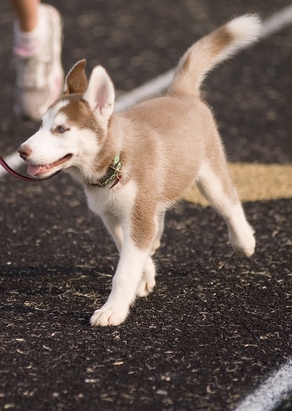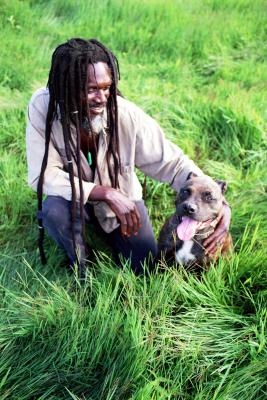If there's only one task you ought to accomplish before you begin labrador retriever training, it would be learning the most essential information about the breed. If you have no idea regarding labs, such as history, character traits, grooming demands and level of intelligence, naturally it would be tough for you to figure out what training method works best for him. Good for you if you're lucky enough to discover the correct training method at first try. However, if you unknowingly chose an ineffective method your pup does not respond to, chances are, you will only make matters worse or the situation will prompt you to abandon your dog thinking that he's not intelligent enough to follow basic commands.
To prevent this from happening, it's best that you're armed with the correct information about training and the dog breed generally speaking. Here are some facts that can help you attain successful labrador retriever training:
- Much like their ancestors, St. John's Water Dog, labs love to play in the water. With their webbed paw, retrieving prey (or stick and toys) in the water isn't impossible for this breed. It is therefore not odd if they do good in waterfowl hunting.
- Based on the registered ownership, this breed is the most popular dog breed in the world. In other words, lots of people prefer labs than other breeds because of their amiable characteristics - friendly, versatile and not prone to being territorial, aggression and other destructive behaviors.
- This well-loved breed is known to have gentle disposition thus great with kids and other animals. To match this personality, it is essential for the owner to use positive reinforcement/method during labrador retriever training.
- Being fast and athletic, this gun dog requires regular exercise to keep up with their oozing strength. Although they're not prone to destructive behavior, your labrador may develop one if physical activity isn't sufficient.
- Considering that they have reputation for appetite, training your pet to eat proper diet at the right time is important to prevent gaining weight and other health problems associated with it. They must also be trained not to eat non-food items to avoid choking, stomach upset and other related problems.
- While training in areas (such as park and beach) is helpful, it can be risky if your curious four-legged companion has his focus into something other than your labrador retriever training. This breed is good in playing vanishing acts hence you need to ensure that he has his ID tags all the time. Some even have their pets microchipped while some chose a fenced area as training location.
- Training can be hindered by hip and elbow dysplasia, eye problems and luxating patella thus make sure that your lab is examined for this.

 German Shepherd Training & Tricks
German Shepherd Training & Tricks
German Shepherd Training & Tricks
German Shepherd Training & Tricks
 Puppy Training by Age
Puppy Training by Age
Puppy Training b
Puppy Training by Age
Puppy Training by Age
Puppy Training b
 How to Potty Train a Yorkie on Puppy Pads
How to Potty Train a Yorkie on Puppy Pads
How to Potty Train a Yorkie on Puppy Pads
How to Potty Train a Yorkie on Puppy Pads
 The Toilet Training Spray for a Puppy
The Toilet Training Spray for a Puppy
The Toilet Training Spray for a Puppy
The Toilet Training Spray for a Puppy
 Free Potty-Training Tips for Female Pit Bull Puppies
Free Potty-Training Tips for Female Pit Bull P
Free Potty-Training Tips for Female Pit Bull Puppies
Free Potty-Training Tips for Female Pit Bull P